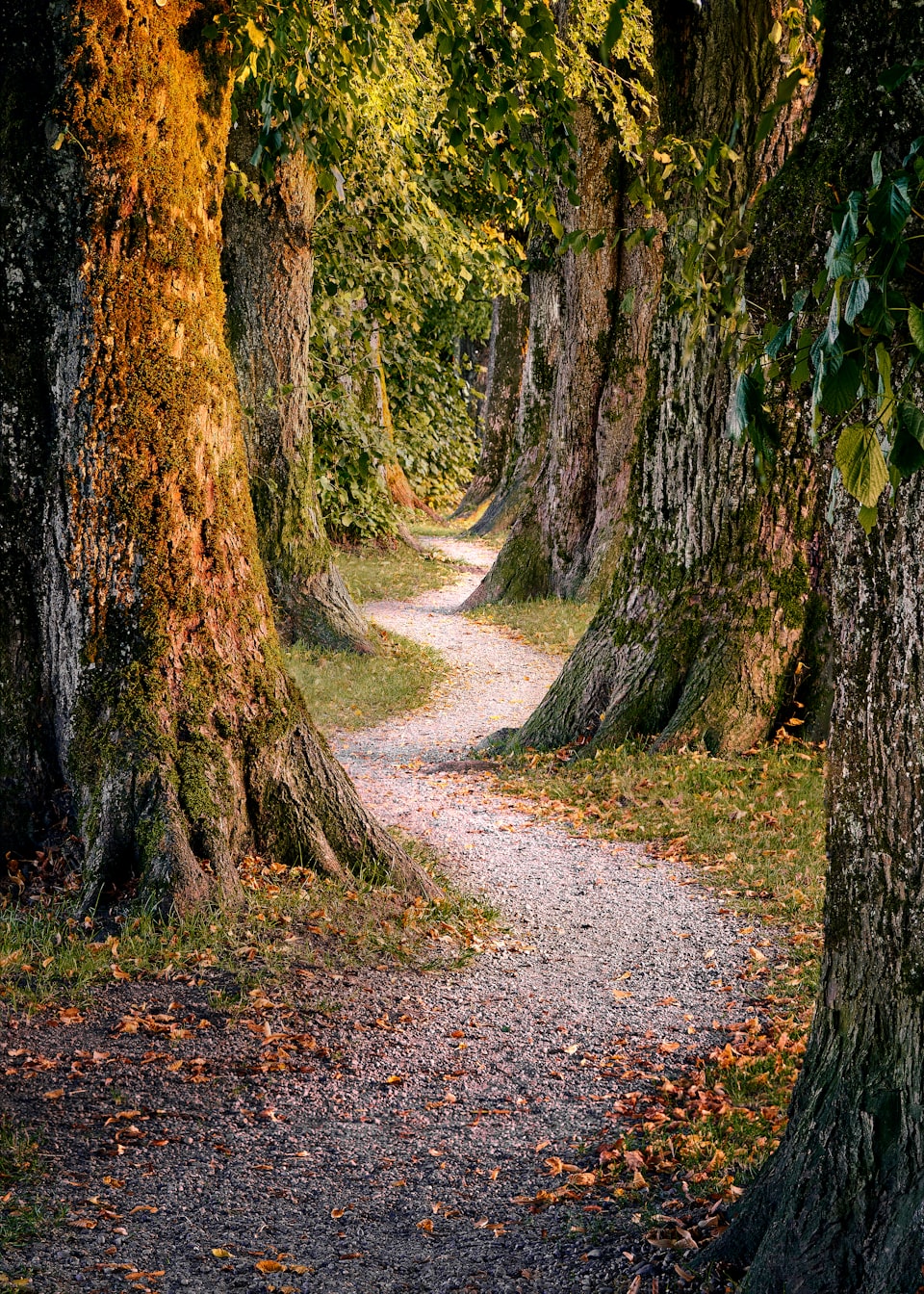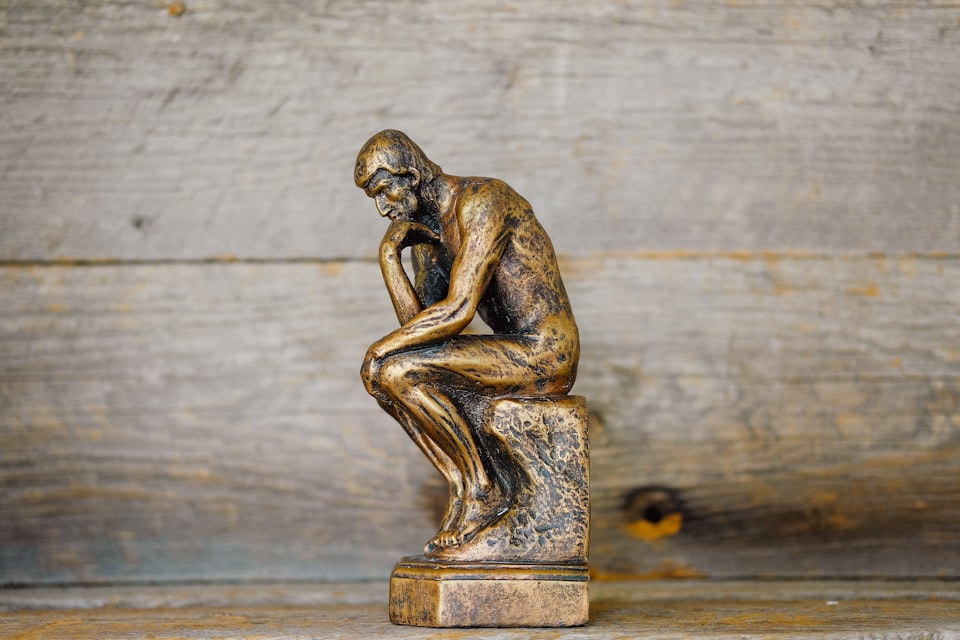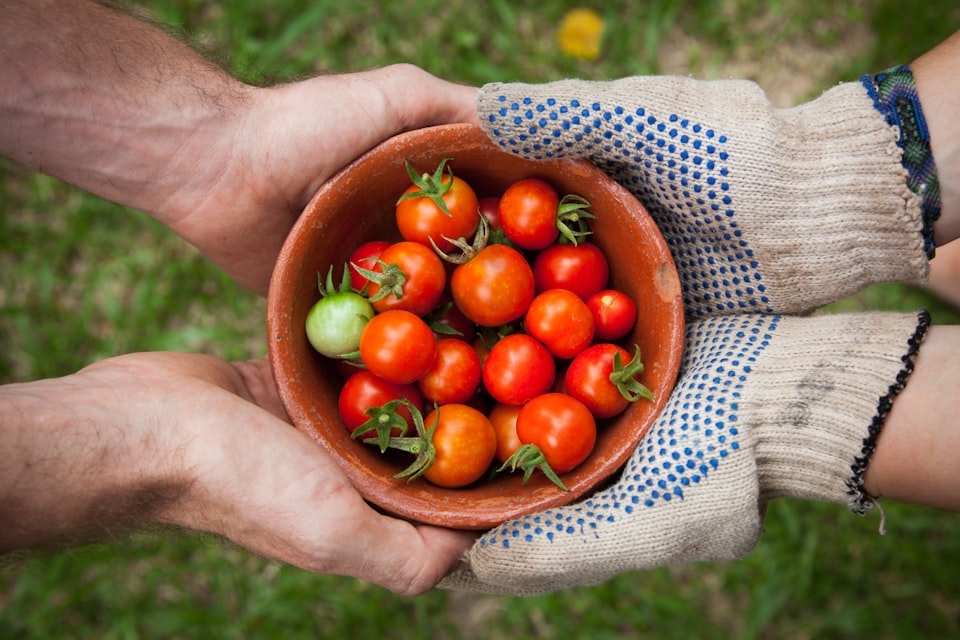The first step in solving a problem is to recognize there is one, and the first step towards progress is to acknowledge what we are doing right and build on that. How do we do that? The answer is Self-Awareness, which is a vital trait of an emotionally intelligent person.
We are creatures of habits and patterns. Where we are in our lives right now is a result of an accumulation of these habits and patterns. They not only include our physical habits and how we do things but also include how we think, learn, and act. Subconsciously, we keep learning and unlearning new patterns of behavior, and they subtly change our lives in small amounts every day. Self-awareness is an important way to take control of these habits and patterns.
Self-awareness is a way of experiencing our own selves and recognizing why we do certain things, how we are doing them, and how they work for us. It is about remembering our actions and habits, acknowledging them, and understanding if they are helpful or harmful for us in the long term. It is about internalizing our actions and taking responsibility for them without blaming the circumstances or other people.
Developing self-awareness helps us view our actions objectively without any judgments. An important thing to note is that self-awareness is not only for solving problems or reducing undesirable behaviors but also for acknowledging and reaffirming our strengths. For instance, all of us are naturally good at something without special effort, which might be hard for others. Self-awareness helps us acknowledge that strength, which pushes us to do better, especially when it's hard to root for ourselves.
In my experience, self-awareness is a product of internal realizations and external feedback. For example, a friend or a well-wisher might help us realize our strengths or flaws in some situations. It could be overwhelming or hard to believe, but we need honest feedback to help us realize some of the things we do. Again, this applies to both our strengths and weaknesses. Either way, external feedback is also essential, so it is important to surround ourselves with people who are honest with us. Also, it is necessary to analyze the feedback we get and pick the things that help us the most.
I have seen self-awareness described as an art, a series of epiphanies, or something that can be attained through meditation or something. In my opinion, it's a skill. If it's a skill, it can be practiced, developed, and improved upon in stages. There is no level of perfect self-awareness, and it is a lifelong process. There is no end to it, but there is a beginning to it, which is to question yourself introspectively during some crucial moments. Here are some questions that you can ask yourself to begin with.
- Why did I do that?
- Why did I think like that?
- I did better than I expected. How did I pull that off?
Initially, it might emanate as self-doubt, mainly because you question yourself while simultaneously judging yourself. However, with practice, you will start asking yourself without judgment, which is the sweet spot where you get honest answers.
Not recognizing our strengths is a weakness, and identifying our weaknesses is a strength. It is hard initially, but the key is to keep our intentions clear — to be aware of ourselves. Thanks for reading. Cheers!



